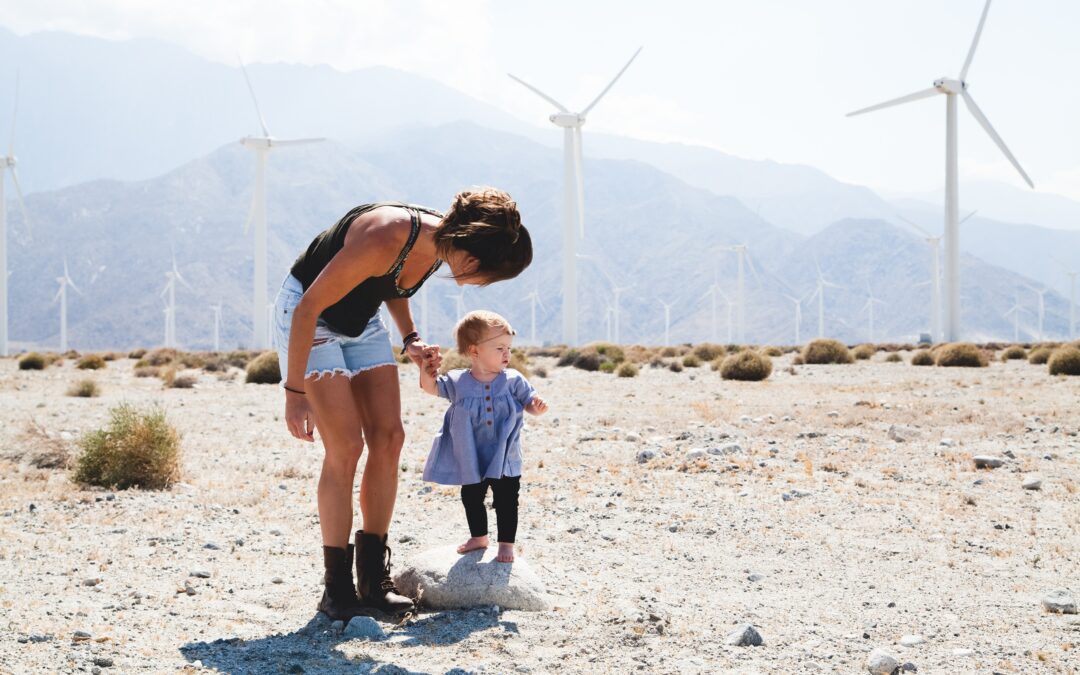By Kim McLeod
A friend of GTEC recently shared an article titled “Ethical Maxims for a Marginally Inhabitable Planet”. This rather difficult but necessary read is written by two bioethics professors, David Schenck, a former Director of Ethics, Medical University of South Carolina, Charleston, and Larry R. Churchill – Emeritus Professor of Medical Ethics, Vanderbilt University Medical Center, Nashville, TN. Using their decades of experience, the two authors suggest that to cope with the climate emergency, we will need maxims to develop new behavior models.
With scientific evidence and estimates on which to base their ideas for what life will be like in 2031 Schenck and Churchill use the comparison of sea level rise and rising temperatures to paint a clear picture of how dramatic the changes will be. “A 1.5 degree rise in temperature is equal to a 1 – 2.5 foot rise in sea level. A 2.0-degree rise equals a 3 – 6 foot rise in sea level.” One of the many impacts of sea level rise will be the impact on potable water, as well as increased salination of irrigated farmland. Increase in temperature also brings up the rate of infectious diseases, fires, droughts and storms to a degree we cannot comprehend.
How do we prepare? Many great minds race to create technological advances to mitigate these problems. But the world is slow to make changes therefore we need to focus on adaptation and on increasing our resilience. This is where the authors suggest using a set of maxims that “are short guides for how to act, practices that should become habituated. Principles on the other hand are guides for how to think, moral values to guide our cognitive process.”
The Six Maxims
The authors’ research and study of bioethics help to guide their draft of 6 maxims. Briefly they are:
1. Work hard to grasp the immensity.
Grasping the vast implications of the climate emergency is challenging to oneself and in relating to others who may not have faced the enormity of it all. Schenck and Churchill suggest one should start small and come from a place of compassion in bringing oneself and others to a point of recognition and acceptance. When speaking with others not yet there, read your audience. You won’t succeed in helping them if you present too much overwhelming information. Once people can accept the extent of the climate emergency, they can hopefully move forward to adaptation rather than being paralyzed by fear.
2. Cultivate radical hope.
The authors describe radical hope as the “kind of hope that reappears after optimism has died is hope that can be relied on.” They suggest we must “own our own grief and anger” and recognize that “blaming ourselves and others doesn’t help.” Sometimes acceptance can lead to new ways of thinking or of seeing opportunities to make a difference. We can always act in ways such as “be kind, take care of others and act with integrity.”
3. Have a line in the sand.
Schenck and Churchill explain this maxim as recognizing “you may not choose to live in a certain way. We are better prepared to handle extreme situations if we think about them ahead of time.” We already do this, for example, when we prepare end of life documents such as a living will.
4. Appreciate the astonishingly unique opportunity.
Look at the amazing potential of humans and nature. This is an opportunity to connect with nature and incredible people and work together. The authors suggest “cultivate gratitude something learned from their patients, the dying, from our great teachers.”
5. Train your body and mind.
Learning breathing exercises might help one cope with the physiological impacts of despair. As well as “learn skills for getting beyond ego – the emotional and physiological limits of ego.” Another suggestion is to include practices such as “mindfulness, yoga, CBT, trauma release exercises and wellness programs (nutrition, exercise, sleep patterns).”
6. Act for the future generations of all species.
As we saw at the beginning of the pandemic, people made choices to protect the vulnerable and healthcare workers. We need the same collective mindset to protect future generations of all species in the climate emergency. Our actions impact people and environments around the globe.
Schenck and Churchill conclude that our biggest moral threat is accepting the catastrophes as the new normal. They explain the collapse has already begun as seen by extreme heat, flooding and massive storms. To survive, a set of maxims can help us navigate the unknown. We create emergency plans on the West Coast to prepare for earthquakes, preparing for the climate emergency is similar. If we understand and fully acknowledge what is happening we can be better prepared mentally and physically.
What will you do to prepare?
Read articles on climate change, sustainability, education, and more from GTEC’s Communication & Media (formally GTEC Blog)!

